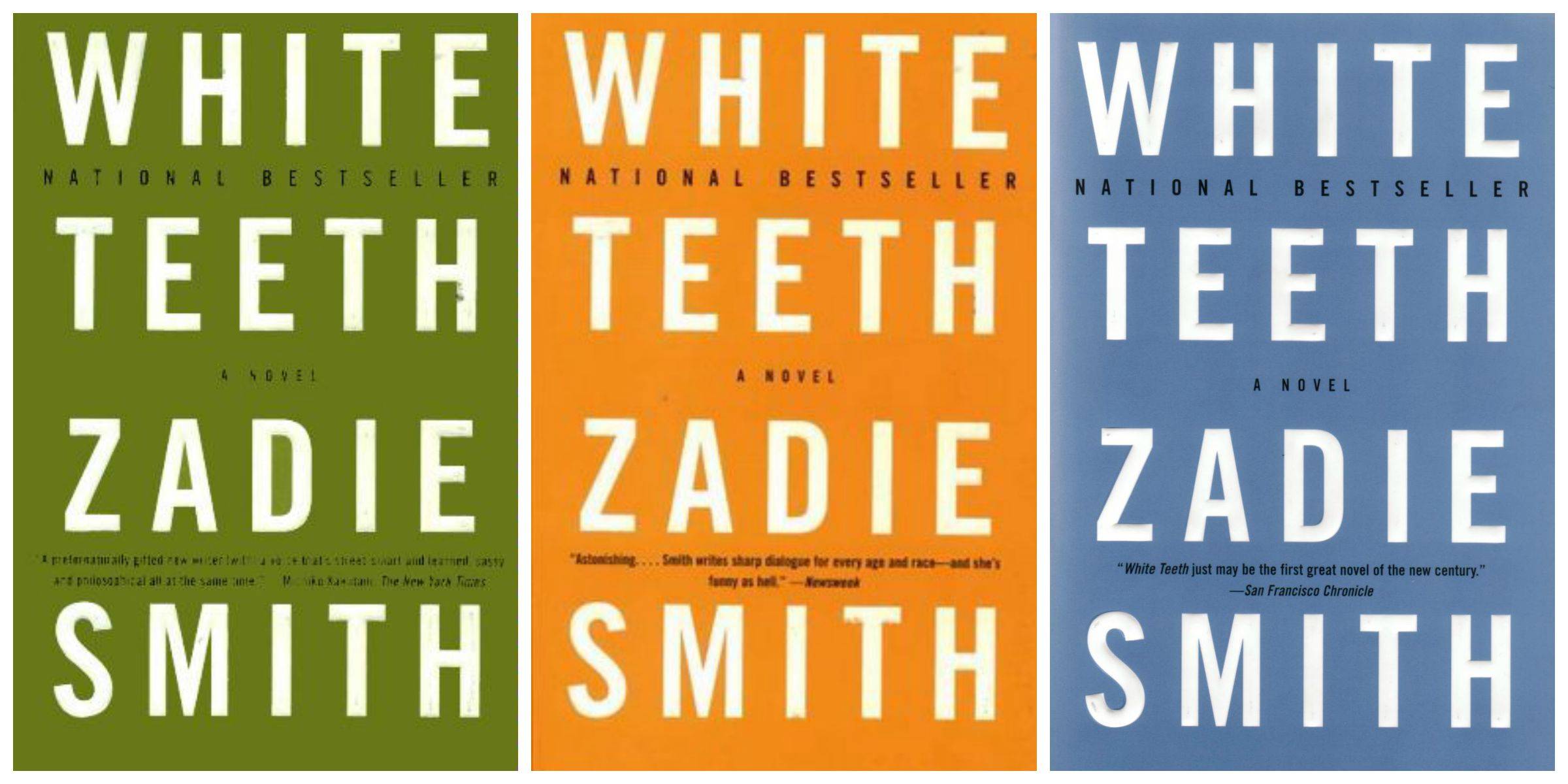
But I’d been sad and lost, sometimes desperate, often confused. I’d never had a friend die of consumption or been raped by my father or lived in Trinidad or the Deep South or the nineteenth century. Our autobiographical coordinates rarely matched.

I felt I was Jane Eyre and Celie and Mr. Biswas and David Copperfield. I lived in them and felt them live in me. And what I did in life, I did with books. I don’t claim I imagined any of this correctly-only compulsively.


I’d see myself leaving the island, arriving in freezing England, shivering and gripping my own mother’s hand, who was-in this peculiar fictional version-now my older sister. Whenever I spent time with my pious Uncle Ricky, and the moment came for everyone around the table to bow their heads, close their eyes, and thank God for a plate of escovitch fish, I could all too easily convince myself that I, too, was a witness of Jehovah. Above all, I wondered what it would be like to believe the sorts of things I didn’t believe. I wanted to know what it was like to be everybody. That is, what it would be like to be Polish or Ghanaian or Irish or Bengali, to be richer or poorer, to say these prayers or hold those politics. To tell the truth, I rarely entered a friend’s home without wondering what it might be like to never leave. I’d envision living with Asma, and knowing and feeling the things she knew and felt. To give a concrete example: if the Pakistani girl next door happened to be painting mehndi on my hands-she liked to use me for practice-it was the work of a moment to imagine I was her sister. As I saw it, even my strongest feelings and convictions might easily be otherwise, had I been the child of the next family down the hall, or the child of another century, another country, another God. I could never shake the suspicion that everything about me was the consequence of a series of improbable accidents-not least of which was the 400 trillion–to-one accident of my birth.

Other people seemed to feel strongly about themselves, to know exactly who they were. Of having a lot of contradictory voices knocking around my head. I’ve always been aware of being an inconsistent personality. An exhibition of Yiadom-Boakye’s work, curated by Hilton Als, is on view at the Yale Center for British Art, New Haven, September 12–December 15, 2019. Lynette Yiadom-Boakye: To Reason with Heathen at Harvest, 2017.


 0 kommentar(er)
0 kommentar(er)
